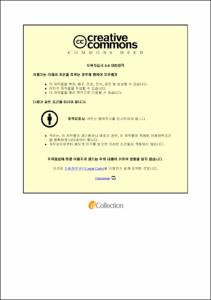중소기업 컨설팅의 핵심요소가 컨설팅 성과에 미치는 영향
= A Study on the Effects of the Core Consulting Elements for Small- and Medium-Sized Companies on Consulting Achievement : With a focus on consulting for small- and medium-sized companies supported by the government : With a focus on consulting for small- and medium-sized companies supported by the government
- Type
- Thesis
- Alternative Title
- 정부지원 중소기업 컨설팅을 중심으로
- Advisor
- 나도성
- Department
- 지식서비스&컨설팅대학원 지식서비스&컨설팅학과
- Issued Date
- 2013
- Publisher
- 한성대학교 지식서비스&컨설팅대학원
- Appears in Collections:
- 지식서비스&컨설팅학과 > 1. Thesis
- Files in This Item:
-
-
Download
 000001557188.pdf
기타 데이터 / 966.17 kB / Adobe PDF
000001557188.pdf
기타 데이터 / 966.17 kB / Adobe PDF
-
Items in Repository are protected by copyright, with all rights reserved, unless otherwise indicated.